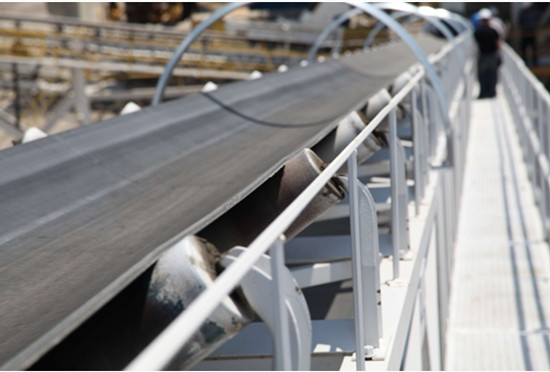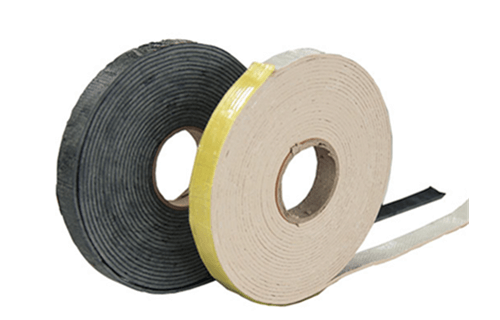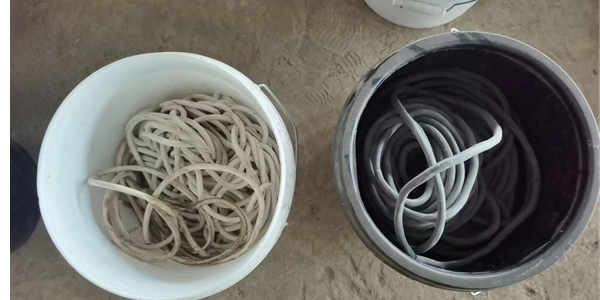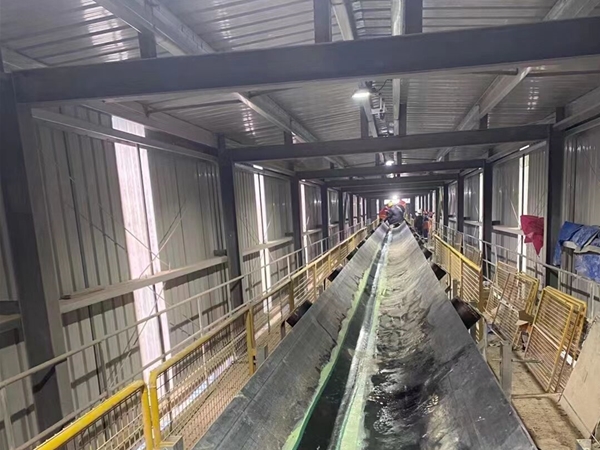When it comes to the choice of conveyor belt fasteners, you may have heard of the “three big”, namely: belt rating/tension, belt thickness and pulley diameter. All of us here are big fans of it, and we even wrote a blog. But this is not the only factor in your decision to button buttons. You must consider the application and material you are conveying, the type of belt you are using, and even what metal will work best.
Although it is fairly easy to arrange what type of belt you choose, and to gather information about your application is quite easy, what often trips people up is the metal choice. Is it too hard and easy to crack in the load zone? Will it be too soft and will break during the grinding process? The choice of metal is a very important factor and not enough pressure is obtained. Let us discuss it here.
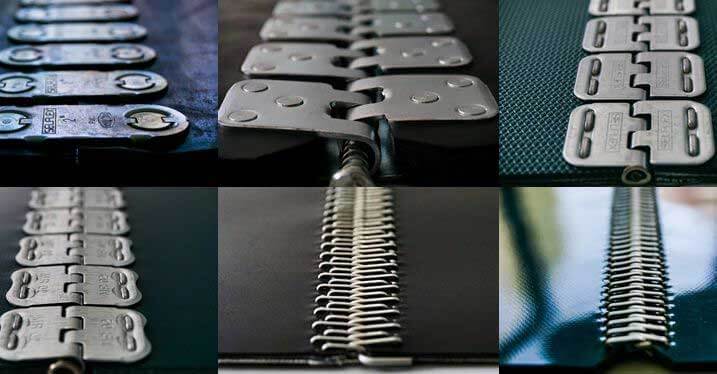
It is important to choose the right fasteners. Use the filter to select thickness, PIW, minimum pulley diameter, and application on our mechanical belt fastening system page.
1. Why is metal movable type important?
If you want to maximize the life of your fasteners and prevent premature joint wear, the fastener material must match the application. From wet and abrasive applications to highly corrosive environments, the right metal selection will provide the best performance. So there are many options.
Let’s take a moment to review all metals and where they work best, and in some cases where they don’t work at all.
Standard fastener metals are not recommended for use in environments that may be corroded by acids and chemicals.
Galvanized steel
It has better anti-rust performance than unplated steel.
Stainless steel
Stainless steel provides additional wear resistance and corrosion resistance from acids and chemicals.
Efede®
A corrosion-resistant copper-silicon alloy. Completely non-magnetic, non-sparking, and low wear resistance. We also have a blog on how non-sparking Everdur fasteners can reduce the risk of explosion in grain applications.
MegAlloy®
Has superior abrasion resistance and abrasion resistance. Compared with steel, the service life is longer. It is not recommended to use it in places with impact or corrosion problems.
RustAlloy®
Low chromium stainless steel. Resistant to mine water and other types of chemical corrosion.
Rubber covered steel plate
Some fasteners can provide rubber covered steel plate with excellent wear resistance.
At Beltcare, we have been testing everything related to our fasteners, including metal selection. Based on these tests, we have decomposed the important characteristics of each metal and included them below for your reference
2. Not sure yet?
There are many factors when deciding which fasteners to use for an application, and we only cover a small part here. If you are still confused, you can feel free to contact us.

